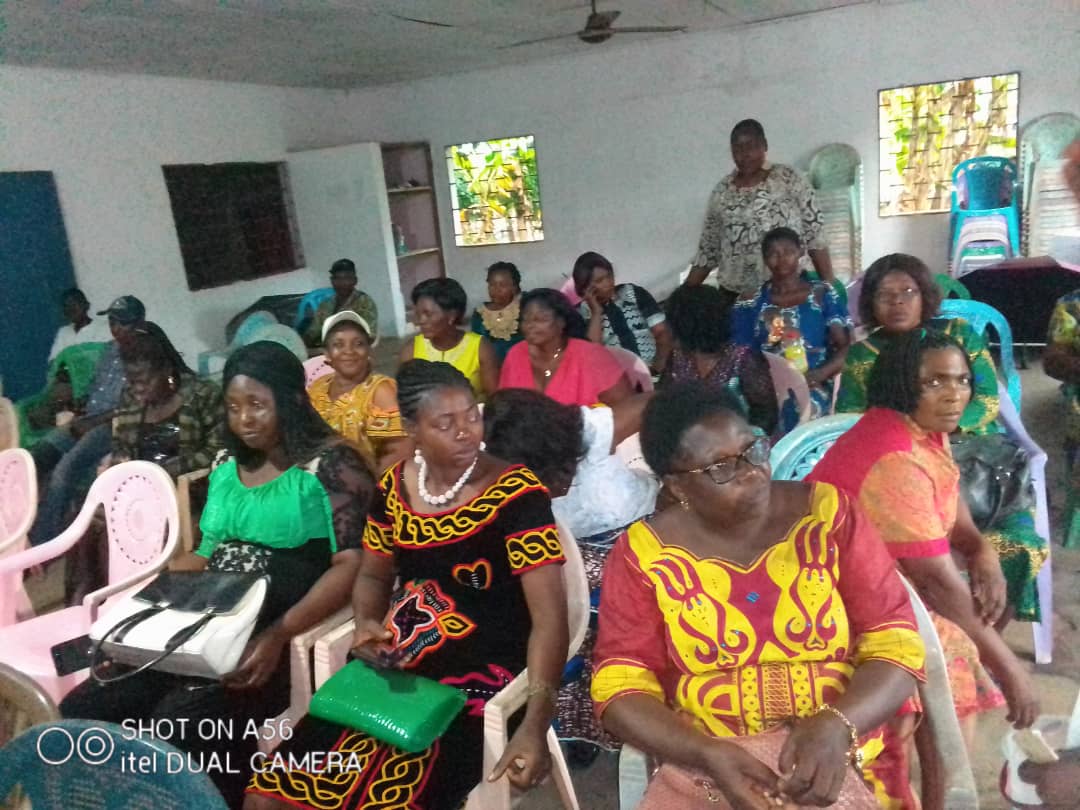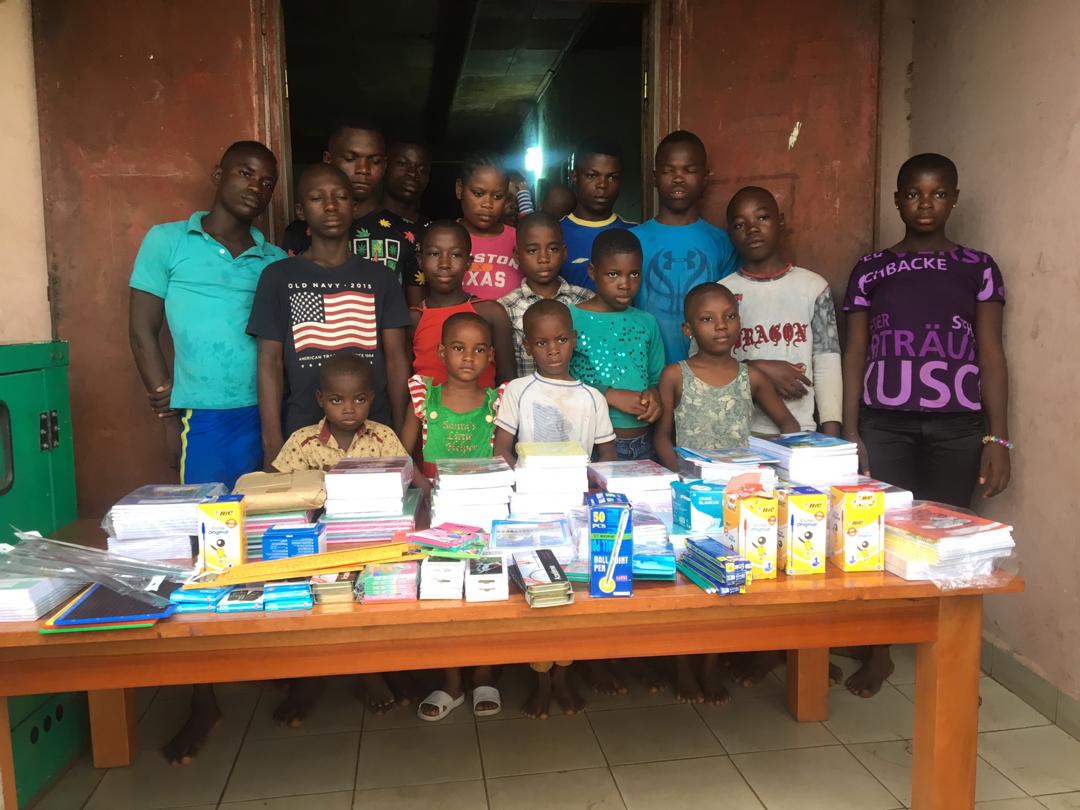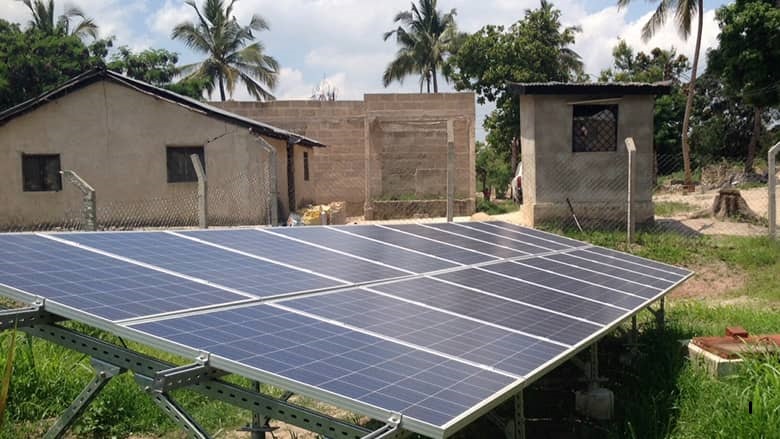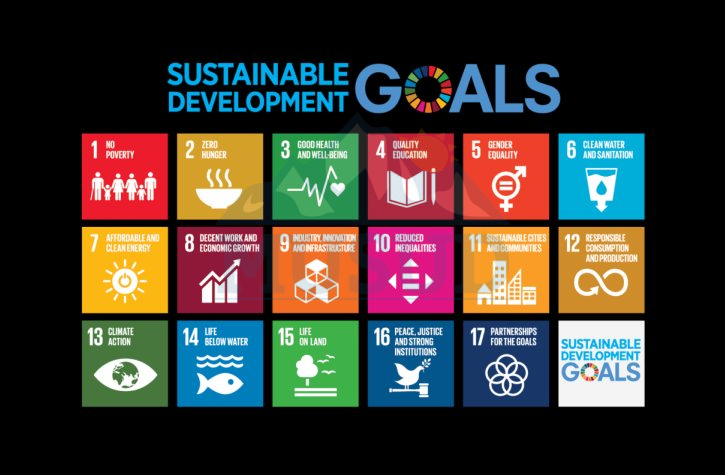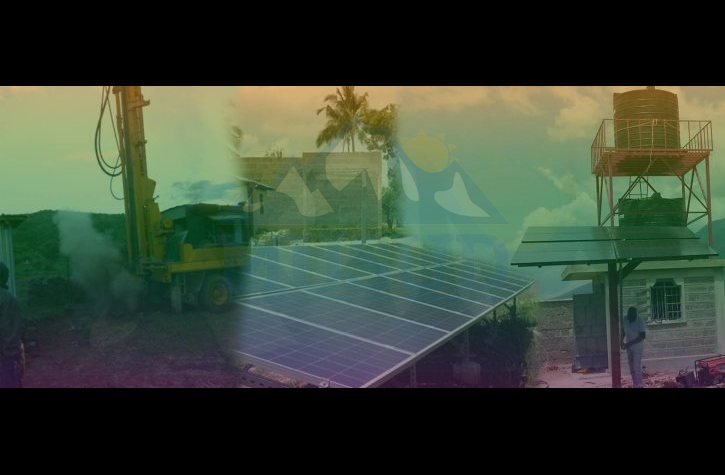
Climate Resilience and Local Empowerment Initiative (2020-2023)
1. Project Background
Climate change poses a significant threat to local communities, affecting water availability, agriculture, and energy sources. The Climate Resilience and Local Empowerment Initiative aims to address these challenges by integrating water conservation, clean energy, sustainable agriculture, and afforestation. The initiative will strengthen local capacities, promote environmental sustainability, and empower communities to adapt to climate change.
2. Project Objectives
-
Enhance Water Conservation – Improve water access and management through rainwater harvesting, irrigation systems, and groundwater recharge.
-
Promote Clean Energy Solutions – Increase the use of solar and renewable energy technologies to reduce reliance on fossil fuels.
-
Support Sustainable Agriculture – Train farmers on climate-smart agriculture, organic farming, and efficient land use practices.
-
Expand Afforestation Efforts – Restore degraded lands through large-scale tree planting and community-led forest management.
-
Empower Local Communities – Provide training and resources to build climate resilience and sustainable livelihoods.
3. Project Components and Activities
A. Water Conservation Initiatives
-
Construct rainwater harvesting tanks in schools and households.
-
Develop small-scale irrigation systems for farmers.
-
Conduct community awareness programs on water conservation techniques.
B. Clean Energy Solutions
-
Install solar-powered water pumps and lighting systems.
-
Train local technicians on solar energy installation and maintenance.
-
Promote the adoption of energy-efficient cookstoves to reduce deforestation.
C. Sustainable Agriculture and Farming Techniques
-
Provide training on organic farming and agroforestry.
-
Distribute drought-resistant seeds and promote crop diversification.
-
Establish community demonstration farms for climate-smart agriculture practices.
D. Afforestation and Land Restoration
-
Plant 100,000 trees in deforested areas and along water sources.
-
Promote community woodlots to reduce reliance on natural forests.
-
Partner with local schools for tree-planting awareness campaigns.
E. Community Capacity Building and Awareness
-
Conduct workshops on climate adaptation strategies.
-
Establish local climate action groups to monitor environmental changes.
-
Develop educational materials on climate resilience for schools and communities.
4. Expected Outcomes
-
Increased water security through conservation and irrigation systems.
-
Reduction in carbon emissions with increased use of clean energy solutions.
-
Enhanced agricultural productivity and food security.
-
Reforested areas contributing to biodiversity and ecosystem restoration.
-
Strengthened community knowledge and skills for long-term climate resilience.
5. Project Implementation Strategy
Musud will collaborate with local governments, non-governmental organizations (NGOs), academic institutions, and private sector partners to implement the project effectively. Community engagement and participatory decision-making will be key components of the strategy.
6. Monitoring and Evaluation
A monitoring and evaluation (M&E) framework will track project progress and impact. Key performance indicators (KPIs) include:
-
Number of water conservation structures built.
-
Households adopting clean energy technologies.
-
Percentage increase in agricultural productivity.
-
Number of trees planted and survival rates.
-
Number of people trained in climate resilience practices.
7. Budget and Funding Sources
The project will seek funding from government grants, international donors, corporate social responsibility (CSR) programs, and crowdfunding campaigns. A detailed budget will outline costs for infrastructure, training, equipment, and operational expenses.
8. Sustainability and Exit Strategy
To ensure long-term sustainability, the project will:
-
Train community members to maintain infrastructure and equipment.
-
Establish cooperatives to continue sustainable farming practices.
-
Partner with local institutions for ongoing support and capacity building.
-
Advocate for policy integration of climate resilience strategies at local and national levels.
9. Conclusion
The Climate Resilience and Local Empowerment Initiative aligns with Musud’s mission to foster sustainable development through multi-purpose interventions. By addressing water conservation, clean energy, sustainable agriculture, and afforestation, the project will create lasting positive impacts on both the environment and local communities.


